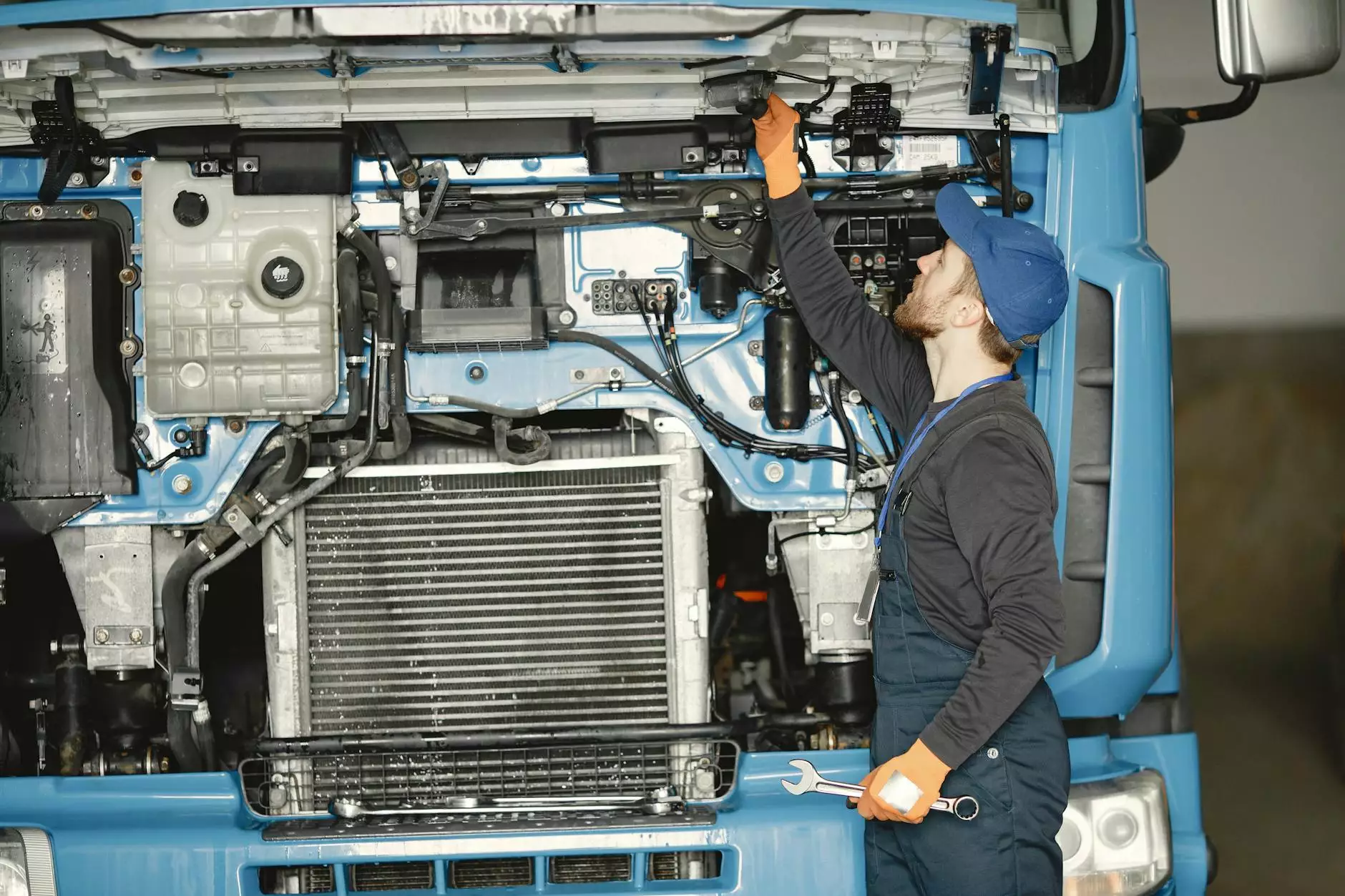Understanding Fuel Pumps Parts: A Comprehensive Guide for Diesel Engines

In the world of diesel engines, the importance of fuel pumps parts cannot be overstated. They play a crucial role in ensuring that engines operate efficiently and effectively. This comprehensive guide aims to shed light on what fuel pumps are, the different parts involved, and why sourcing quality components is vital for optimal engine performance.
What are Fuel Pumps?
Fuel pumps are devices designed to move fuel from the tank to the engine. In diesel engines, these pumps are vital because they manage the flow and pressure of diesel fuel, enabling efficient combustion. An effective fuel system is critical for the performance and longevity of any diesel engine.
The Importance of Fuel Pumps Parts
Each component within the fuel pumping system has a specific function. Understanding these parts helps in diagnosing and solving issues with fuel delivery. Key components include:
- Fuel Pump: The primary component that draws fuel from the tank and pumps it to the engine.
- Fuel Filter: This removes any impurities or debris from the fuel, preventing them from damaging the engine.
- Fuel Injector: Responsible for spraying fuel into the engine intake in a fine mist for optimal combustion.
- Fuel Lines: These are hoses or pipes that transport fuel from the tank to the engine and back.
- Pressure Regulator: Ensures that the fuel pressure is maintained at the appropriate levels for efficient engine operation.
The Mechanism of Diesel Fuel Pumps
Understanding how fuel pumps parts work together is crucial for maintaining diesel engines. The pump typically uses either a mechanical or electric mechanism to draw fuel from the tank. Here’s a breakdown of the process:
Mechanisms of Action
- Fuel is Drawn In: The pump creates a vacuum that pulls fuel from the tank through the fuel lines.
- Impurities are Filtered Out: As fuel passes through the fuel filter, any contaminants are removed before they reach the injectors.
- Fuel is Pressurized: The fuel pump pressurizes the fuel, which is then delivered to fuel injectors at the correct rate and pressure.
- Injection into Combustion Chamber: The fuel injectors spray the fuel into the engine's combustion chamber for ignition.
Types of Fuel Pumps
There are primarily two types of fuel pumps used in diesel engines:
Mechanical Fuel Pumps
Mechanical fuel pumps are typically driven by the engine's camshaft. They are common in older diesel engines and known for their simple design and reliability. However, they may not deliver adequate pressure for modern engine requirements.
Electric Fuel Pumps
Electric fuel pumps have become more prevalent in recent years. They are efficient and can provide higher pressure, making them suitable for modern diesel engines. These pumps are typically located inside the fuel tank or along the fuel line.
Common Issues with Fuel Pumps Parts
Like any mechanical component, fuel pumps parts can experience issues that can lead to poor engine performance. Common problems include:
- Clogged Fuel Filters: A clogged filter can restrict fuel flow, leading to engine stalling or poor performance.
- Faulty Fuel Pump: A damaged pump may not deliver sufficient fuel to the engine, causing power loss or failure to start.
- Leaking Fuel Lines: Any leaks in the fuel lines can lead to loss of pressure and fuel wastage, impacting economy and performance.
- Malfunctioning Injectors: Failures in fuel injectors can lead to uneven fuel spray, causing poor combustion and engine roughness.
Choosing Quality Fuel Pumps Parts
When it comes to replacing fuel pumps parts, quality is paramount. Here are some tips for choosing the right parts:
Select Reputable Suppliers
Partnering with trusted spare parts suppliers is crucial. Look for suppliers who specialize in diesel engine components and have good reviews or certifications. A reputable supplier will provide high-quality parts that meet OEM (Original Equipment Manufacturer) standards.
Check Warranty and Return Policies
Always check the warranty offered by the supplier. A solid warranty reflects confidence in the product’s quality. Additionally, a good return policy allows for the replacement of faulty parts without hassle.
Research Compatibility
Ensure that the parts you are purchasing are compatible with your specific diesel engine model. Using mismatched parts can lead to further engine issues and additional costs.
Benefits of Proper Maintenance on Fuel Pumps Parts
Regular maintenance of fuel pumps parts can save money and extend the life of the diesel engine. Here are some key benefits:
- Improved Efficiency: A well-maintained fuel system optimizes fuel delivery, improving engine efficiency and lowering fuel costs.
- Increased Longevity: Routine checks and timely replacements can prolong the life of the engine and its components.
- Reduced Emissions: Properly functioning fuel systems lead to more complete combustion, thereby reducing harmful emissions.
- Enhanced Performance: Regular maintenance helps ensure that all components operate at peak efficiency, leading to better overall vehicle performance.
Conclusion
In conclusion, fuel pumps parts are vital components in diesel engines that ensure optimal performance and efficiency. Understanding their role, types, and how to select high-quality parts can significantly enhance the reliability of your vehicle. By prioritizing quality and maintenance, you not only protect your investment but also contribute to a more sustainable environment through reduced emissions and better fuel economy.
At client-diesel.com, we are committed to providing the best in diesel engine parts and spare parts supplies. Our dedication to quality ensures that your engines perform at their best. For any inquiries or to learn more about our offerings, feel free to reach out today.









